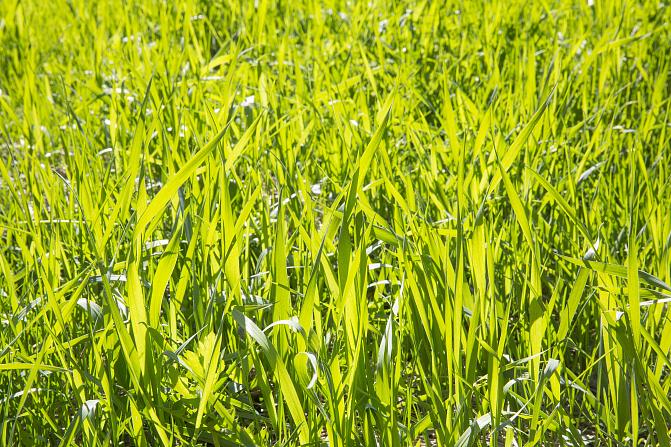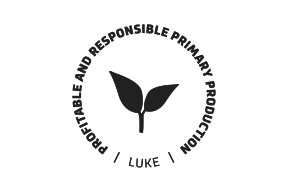
Grass research – solutions to production and environmental challenges
On this page
Grass is the most important feed for cattle. This creates a central role for it in the Finnish food production and circular economy. The Natural Resources Institute Finland (Luke) investigates the impacts that grass has on soil, water systems, and the atmosphere. Grass research is important in building profitable, competitive, and environmentally friendly grass production. For example, one important goal is to optimize grass carbon sequestration.


Customer benefits
The profitability of dairy and beef production can be enhanced by improving grass quality. At the same time research and development provides opportunities to mitigate economic and environmental risks and create new grass based products. Cattle’s nutrition and welfare is based on good quality grass feed. Grass has positive ecological effects and it provides added value for bioenergy production, as well as an ecological way to improve soil physical and biological conditions. Farming grass increases the biodiversity. Benefits of wide variety of grass species have not yet been fully explored. For example the capability of red clover to fix nitrogen from the air is an ecological way to reduce the use of chemical fertilizers.
Services
Luke offers a broad end-to-end expertise related to grass production. It covers surveying the customer needs, planning the experiments, executing them, analyzing the results, and relating their importance to the current situation. The experiments are designed individually according to the needs of the customers. Research projects run on a state of the art platform which is continuously improved. Services include:
- Field experiments under the typical environmental conditions of Finnish grass production area.
- System level nutrient cycling experiments, conducted in co-operation with the research barn and the biogas plant
- Greenhouse experiments
- Grass yield formation, feed quality, and soil & environment effects via physical, chemical, and biological factors
- Measurements may be chosen from a wide set of alternatives: grass dry matter yield, nutritional value and mineral concentrations, carbon sequestration, soil compaction, microbiological activity and composition, root research, greenhouse gas formation and nutrient utilization and leaching
- Financial profitability of grass production: price, quality, and amount
- Grazing effects on cattle nutrition and welfare
- Strong know-how in simulations and modeling: LCA-models, nutrient cycling models, environmental models, and economical models
Application areas
In Finland grass has a central role in dairy and beef production; over half of the cattle’s feed is grass. Grass research generates solutions for improving the production. It also serves the needs of processing industry by offering relevant know-how. Other grass research application areas are grass in bioenergy production, and grass as a producer of ecosystem services and environmental advantages. Research results are widely used as decision-making support by officials and authorities.
Why Luke?
Luke is an evident and trustworthy partner in grass production research. It has an enthusiastic multidisciplinary scientific staff, long tradition in bioresearch and a strong practical skill set built on top of the scientific tradition. Analytical approach to challenges, statistical understanding and capability to combine these with strong knowledge of the domain enables results which can be used to form reliable & sustainable decisions and action recommendations. Furthermore, Luke can offer the needed infrastructure and facilities for managing the research portfolio.


